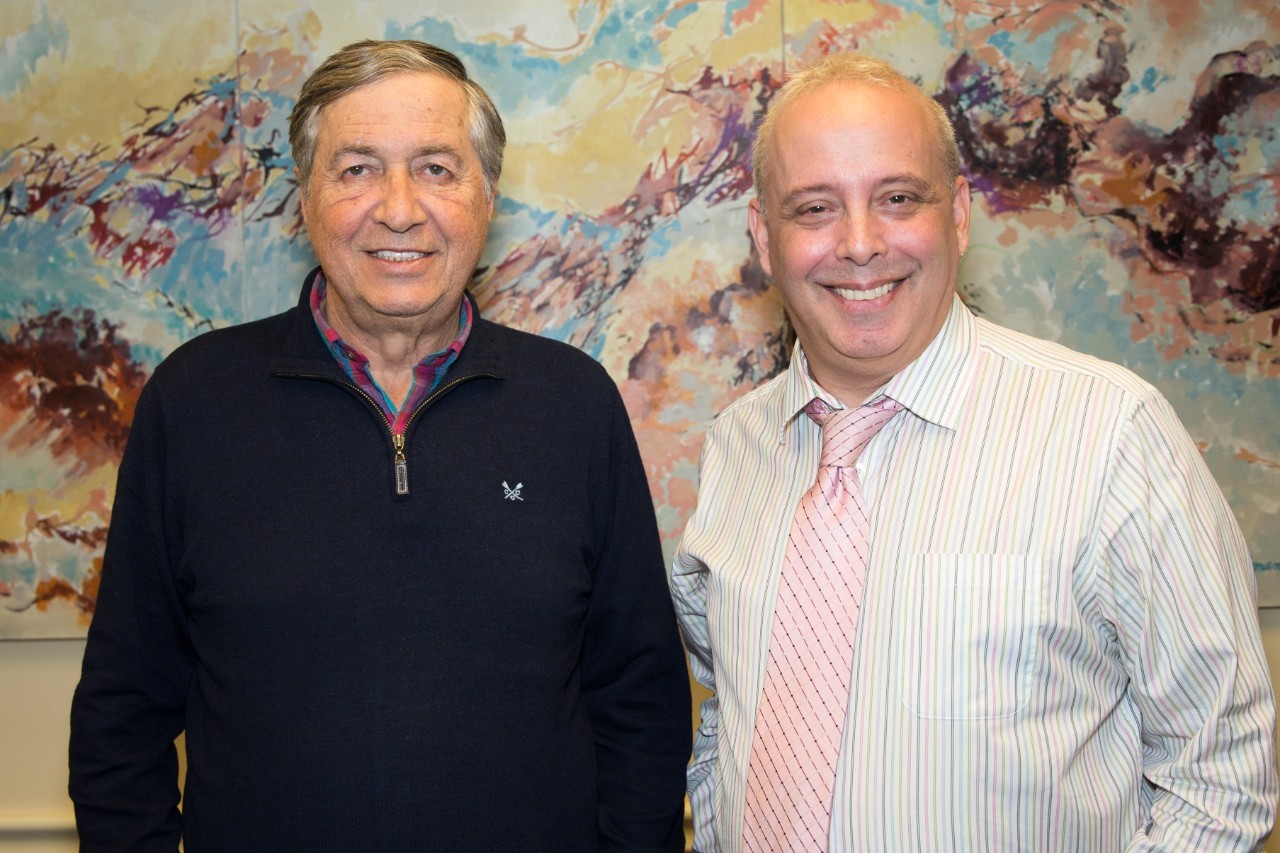Do you see the digital world eating up television the way it has newspapers?
JS: “Right now we are beta-testing OUTtv Go, which is basically OUTtv on the internet, and it is currently available to Canadians for $4 per month. It’s the future.
The way cable TV works now is a fraction of subscriber money goes to the actual network, the rest pays for the pipes. It works as long as there are bundles, but as we go to skinny basic — which is mandated by the CRTC — you will see a number of channels go dark. You’re going to see seven or eight channels go dark in the next eight months.
The future is over the top, and it includes Netflix.
Couple of stories: People watch OUTtv because of RuPaul’s Drag Race, which is a phenomenon and we’re an early investor in it, so we have it in perpetuity; as long as she is making it, we got it.
The other story: When my mother passed away, her rabbi told me he was a subscriber to OUTtv. I waited a beat and said, ‘Rabbi, you’re a married, conservative guy, you’re not my target audience. I’m thrilled you’re a subscriber, but why?’
And he replied, ‘I’m a voracious watcher of movies and OUTtv has new movies that I can’t watch anywhere else.’”
What kind of viewer mail is OUTtv getting since Donald Trump was elected President of the United States?
JS: “We have received more hate emails since Trump was elected than we have in the last two years. These are dangerous times. We need to embrace and protect our LGBTQ communities.”
What do you hope to get out of your lecture at the Mel Hoppenheim School of Cinema?
JS: “I learn as much if not more from dealing with young people. One of the things you learn, which is forgotten, is the raw excitement of being in the film and television business.
I am now sitting on the other side of the desk, where I can make some people’s dreams come true [with programming on OUTtv] as long as they are about the LGBTQ community.”
How did your time at Concordia help shape you and your career?
JS: “I came in as a history major and was going to be a retailer, and went out a committed filmmaker. I stayed an extra year after I could have graduated because Concordia had really good equipment [an ARRI 35mm BL2 camera and Steenbeck editing machines] and I could make my movies.
I met people who changed my life: [film history professor] Judith Buckner and CBC producer Mark Blandford, who taught a film production course. He took me aside and said, ‘You’re probably the best young producer I have ever met, stop trying to direct and start producing.’
I would be a retired Jewish schmata guy living in Daytona Beach six months of the year if it wasn’t for Concordia.”


 James Shavick gave a guest lecture at Concordia’s Mel Hoppenheim School of Cinema on December 5, 2016. | Photo credit: Melodie Le Siege
James Shavick gave a guest lecture at Concordia’s Mel Hoppenheim School of Cinema on December 5, 2016. | Photo credit: Melodie Le Siege
 James Shavick, BA 72, LLD 16, chair of the board OUTtv, received an honorary degree from Concordia in June 2016 | Photo credit: Concordia University
James Shavick, BA 72, LLD 16, chair of the board OUTtv, received an honorary degree from Concordia in June 2016 | Photo credit: Concordia University
 James Shavick is pictured with writer Richard Burnett, BA 88. | Photo: Melodie Le Siege
James Shavick is pictured with writer Richard Burnett, BA 88. | Photo: Melodie Le Siege